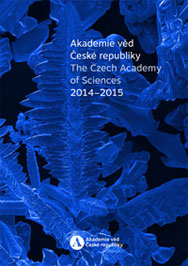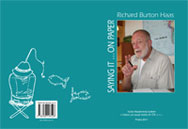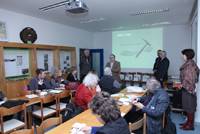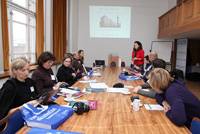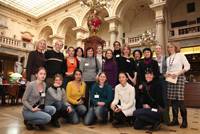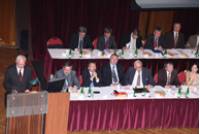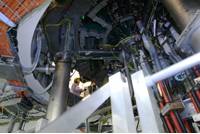As the country tries to wade through a broader economic crisis, the Czech Republic plans only a flat research budget for the coming 3 years. Yet the government has proposed going forward with plans to boost funding for applied research--to the detriment of ASCR, which administers 54 basic research institutes and more than 3000 scientists. This year, ASCR's budget is 5.88 billion CZK ($319 million). The proposed budget gives the academy 4.61 billion CZK in 2010 and just 2.81 billion CZK in 2012. ASCR leaders say the cuts would force hundreds of layoffs and the closure of some institutes (ASCR's Web site blares "Academy in Distress").
The Academy budget reductions were recommended by the country's Research and Development Council (RDC), which advises the government on research policy. They are based in part on a new evaluation system that attempts to measure the output of the country's researchers. Academy scientists say that system is unfair and values publication quantity over quality--a handful of letters to the editor and review articles can count as much as a major monograph, for example. "An institute that produced 20 papers in Science and 20 more in Nature would be considered substandard by the current criteria," says Vaclav Horejsi, director of the academy's Institute of Molecular Genetics in Prague.
The academy has enjoyed significant budget increases in recent years, says Jaroslav Doležal, vice-chair of the RDC, who is also the national executive for Honeywell International in the Czech Republic. Doležal acknolwedges the council hoped to shake things up with its proposal. The more severe cuts by 2012 "need to be discussed," he says, and will likely be revised. At the same time, Doležal adds, "the academies need to accept that they are not unique and privileged players on the field anymore, even in basic research." In the current economic climate, he notes, "many companies would be happy with a 20% cut." Moreover, the budget proposal would increase money available for grants, for which academy scientists can compete, Doležal says.
But the academy can't cover its electricity and heating bills with grants, which don't include overhead costs, says Horejsi. He and others contend that the country needs an overhaul of how research funding is administered. Jiří Chýla, a particle physicist at the academy's Institute of Physics in Prague, agrees the system requires revising. In the past, "the money was allocated by inertia," he says. "We are all partly responsible for not being more careful and more foresighted."
The final research budget will be decided after parliamentary elections this autumn.
27 Jul 2009
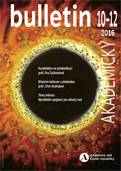

 Česky
Česky


